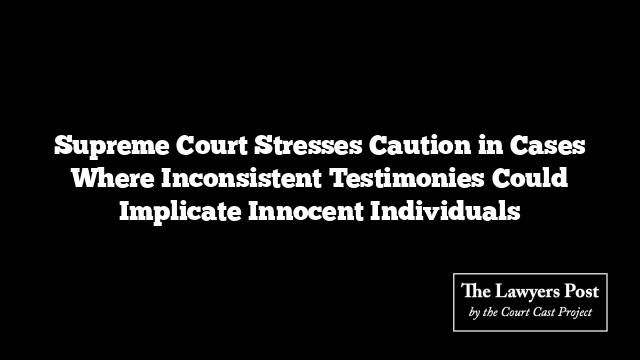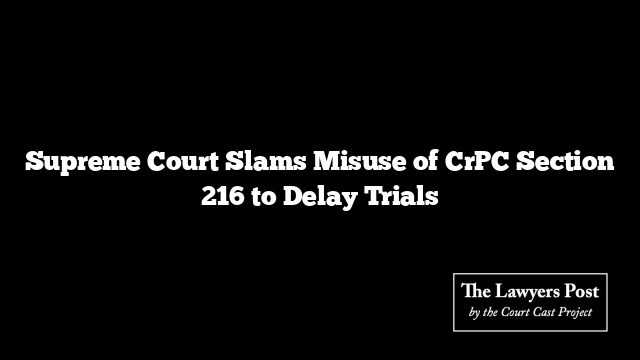In a significant ruling, the Supreme Court acquitted individuals accused of attempted murder under Section 307 of the Indian Penal Code (IPC), citing insufficient evidence and discrepancies in witness testimonies that raised doubts about the intent behind the alleged crime.
The bench, comprising Justices Surya Kant, Dipankar Datta, and Ujjal Bhuyan, emphasized the necessity of proving intent alongside an overt act for a conviction under Section 307 IPC. The case revolved around allegations that the accused had attacked victims with knives and lathis, resulting in injuries. However, the FIR was based on hearsay, and the testimonies of the victims and other prosecution witnesses contained significant inconsistencies.
The Court expressed skepticism regarding the credibility of the witness accounts, particularly due to conflicting versions of the events. The ruling noted that while some level of discrepancy is common in criminal cases, especially with time gaps between the incident and testimony, serious doubts about a witness’s reliability can undermine the prosecution’s case. The judgment underscored the importance of courts exercising heightened caution when such inconsistencies could potentially lead to the false implication of innocent persons.
Further, the Supreme Court noted the absence of any clear motive attributed to the accused, casting further doubt on their conviction under Section 307 IPC. The cross-examination of the injured witnesses, Imran and Mathu, revealed no enmity or ill will between them and the accused, suggesting that the narrative presented by the prosecution might not be entirely accurate.
Consequently, the Supreme Court allowed the appeal and overturned the High Court’s decision, clearing the accused of all charges.





